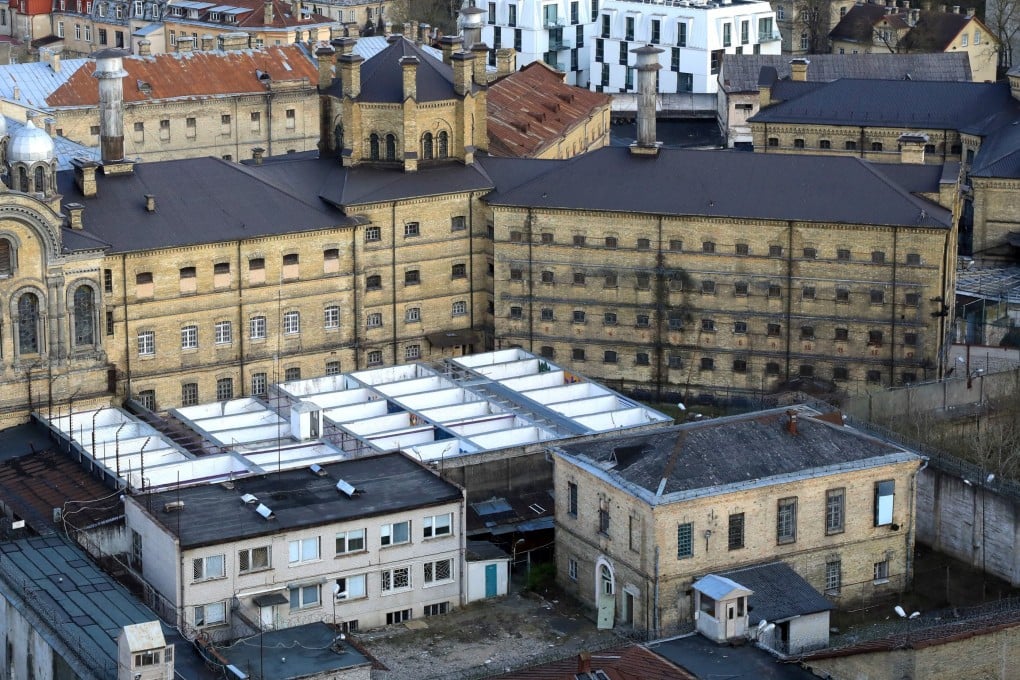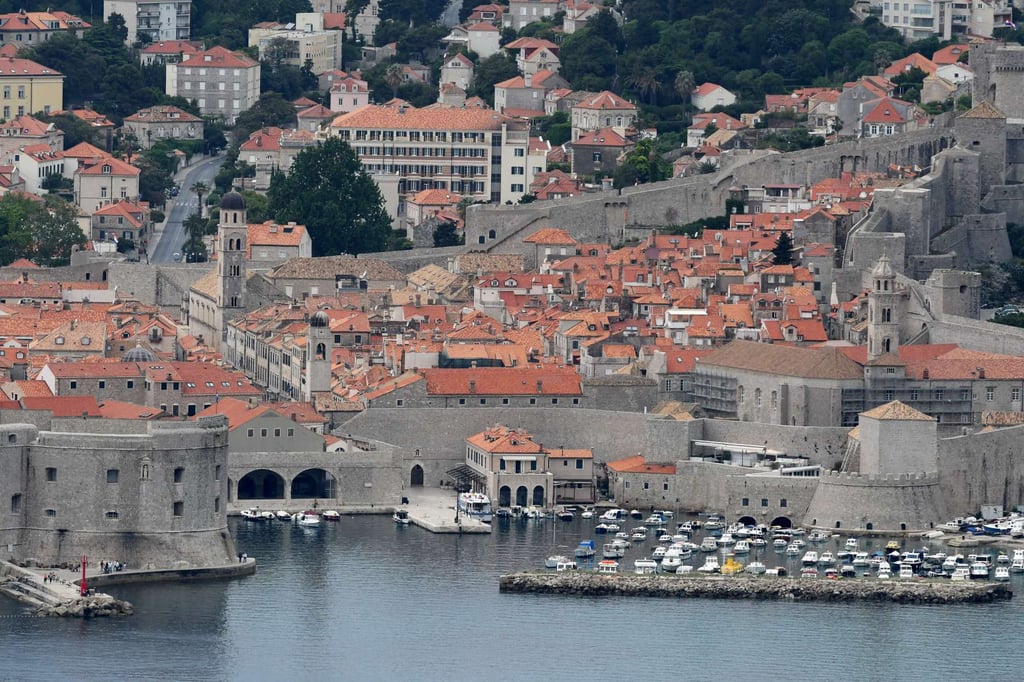Netflix filmed for Stranger Things there, HBO for Chernobyl: Vilnius, and small European cities like it, draw Hollywood film crews
- Have you heard of Vilnius? You might not know it by name, but you’ll have seen Lithuania’s capital city – it stood in for Siberia in Stranger Things
- Hollywood is being drawn to shoot on location in countries in the Baltics, Eastern Europe and southern Mediterranean by their lower costs and production rebates

The kitchen staff in one of the newest chic hotels in Vilnius, Lithuania, housed in a 15th century palace, knew Hollywood had arrived when film crews flown in from California started calling room service to demand smoothies – juiced celery and all.
Most Americans cannot find this Baltic nation on a map, but the people of Vilnius – a medieval capital city made of cobblestone streets – do not feel slighted. The American film industry is bringing about a change to the small country, three decades after it broke free of the Soviet Union, few would have predicted.
“Hollywood has landed in Lithuania,” says Jurate Pazikaite, a former international investment worker who, for the last decade, has had the job of luring America’s streaming companies and film studios to shoot their scripts and spend their dollars in Lithuania.

Attracted to places like Vilnius, where Moscow and Paris collide at a fraction of the cost – and tens of millions of dollars in production rebates are quickly granted – Hollywood is setting its sights on lesser-known corners of the globe.